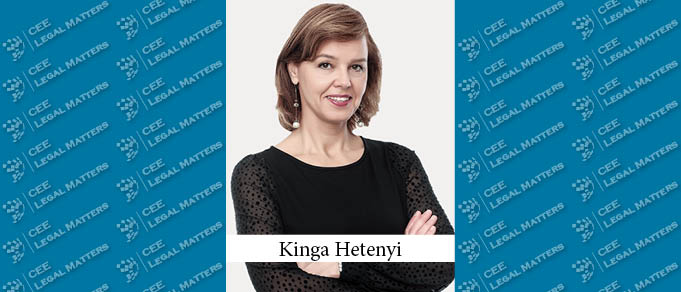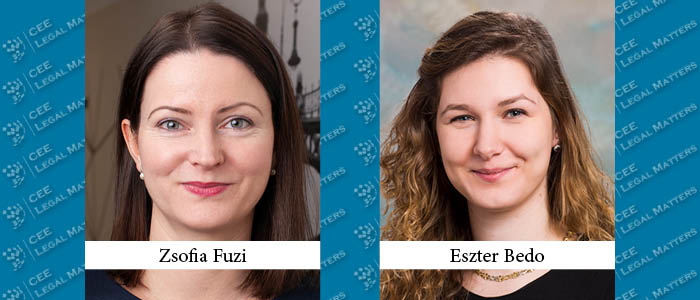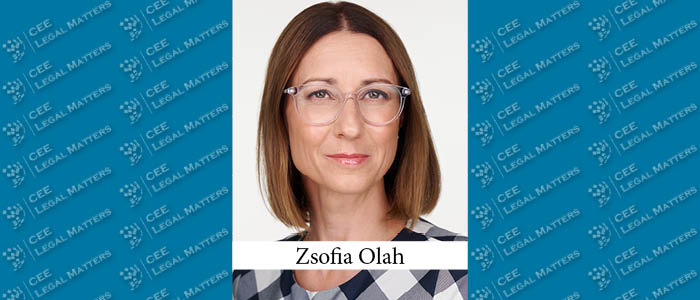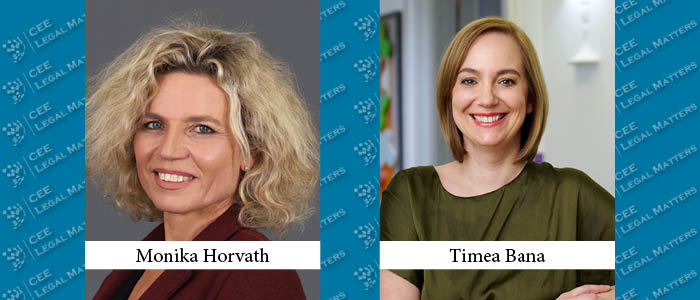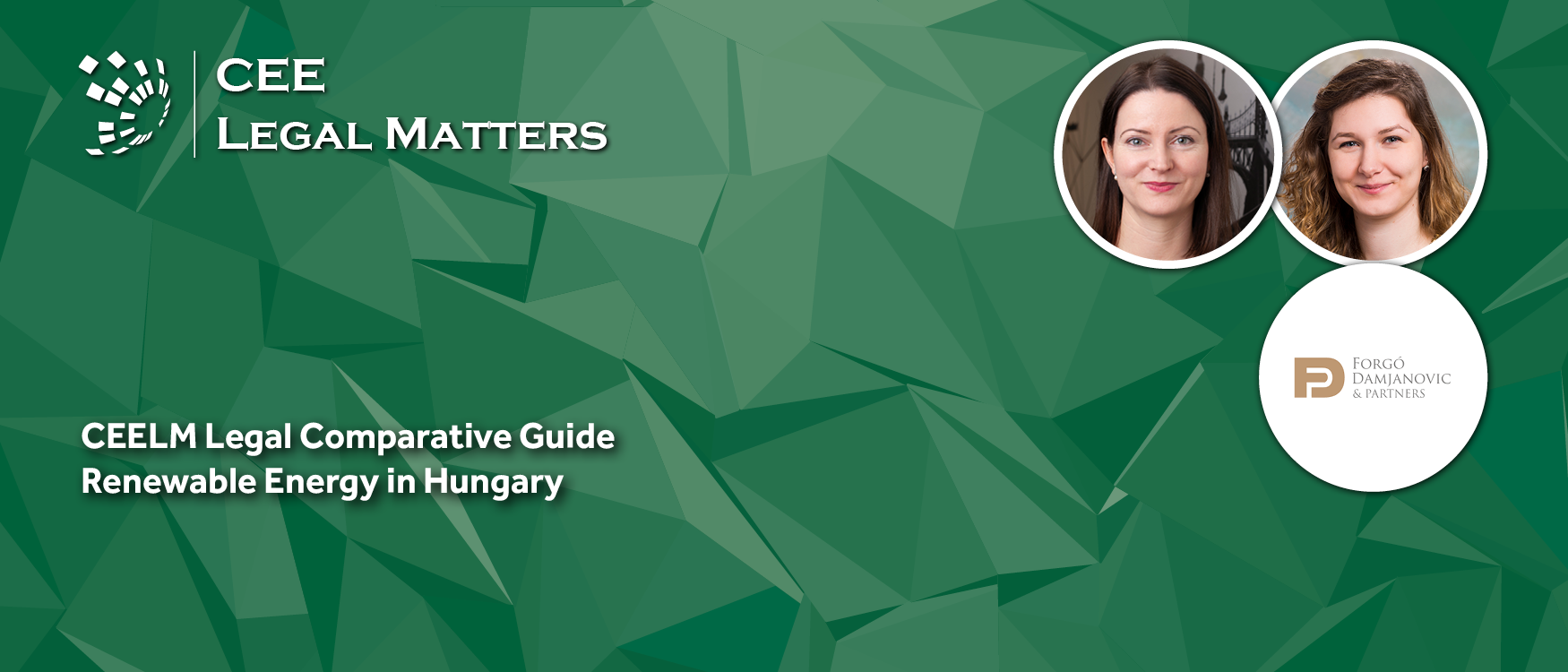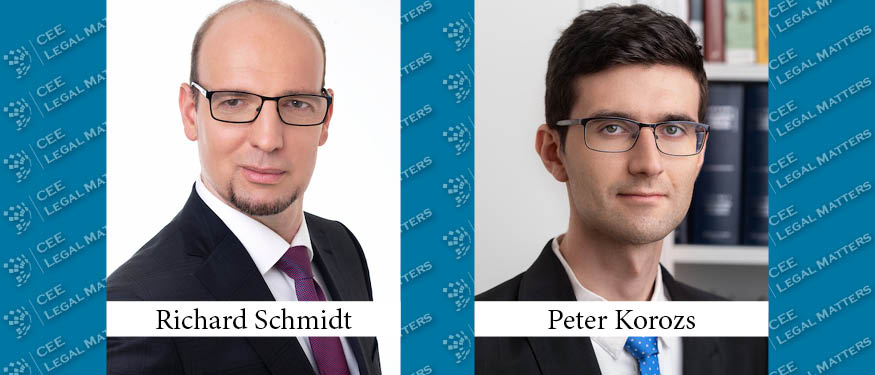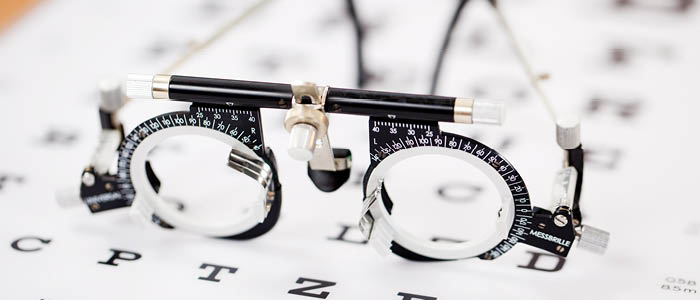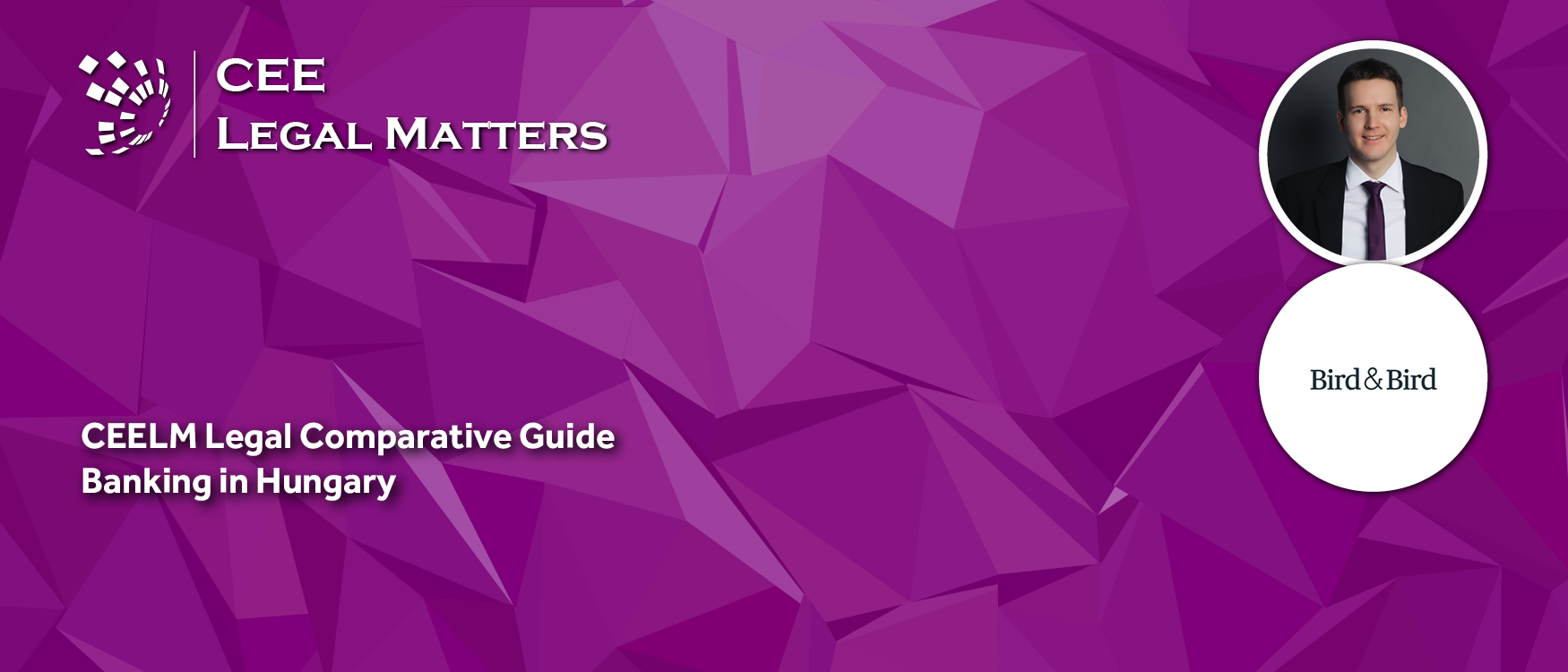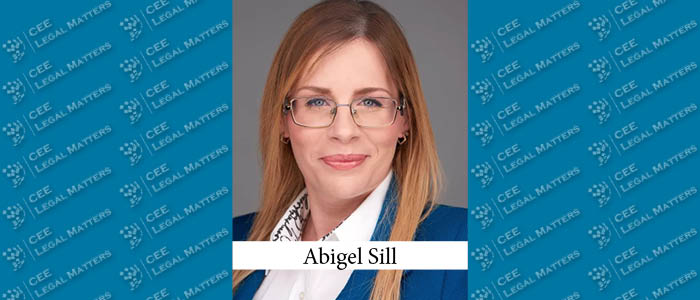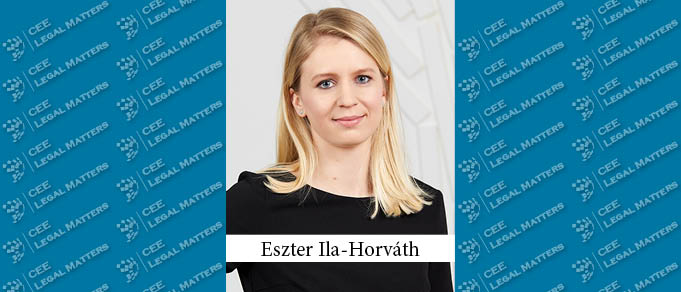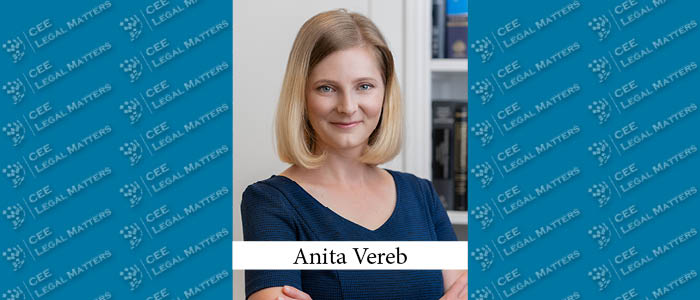After a record deal value in 2022, the outlook for M&A in Hungary for 2023 remains positive despite several risk factors. What are they and what could compensate for them? What other factors could have an impact on the current trends?
The Highs and Lows of Renewable Energy in Hungary
The Hungarian renewable energy sector has developed significantly in recent years: the share of electricity from renewable energy sources in gross final electricity consumption was 7.51% in 2017, increasing to 13.9% in 2021. This rapid development was mainly due to the increase in solar power capacity, as the installed capacity of Hungarian solar power plants was around 350 megawatts in 2017, while it exceeded 4000 megawatts in 2022.
Will the New Rules on Abuse of Rights Require Rethinking HR Practices?
Recent changes to the Hungarian Labor Code on the abuse of rights rules are a hot topic among employers, HR professionals, and employment lawyers in Hungary. In this article, we will take a look at what the new rules mean for employers and how they may mitigate the legal risks and financial exposure arising from the amendments.
All Hail the Superbank
In recent years, the major development in Hungary’s banking system is the establishment of the country’s superbank through the merger of Budapest Bank, MKB Bank, and the Takarek Group. DLA Piper Partner Andras Nemescsoi, Forgo Damjanovic & Partners Managing Partner Gabor Damjanovic, and Jalsovszky Law Firm Managing Partner Pal Jalsovszky share insights into the driving forces behind this development, its current status, and its anticipated impact on Hungary’s banking sector.
Budapest’s Blockbuster Business
Hungary has traditionally been the go-to hub for filming in Continental Europe. DLA Piper Partner Monika Horvath and Dentons Partner Timea Bana talk about the evolution of Hungary’s film industry over the past decade and whether the country has maintained its position as the primary European filming destination.
CEE Real Estate Keeps It Real
Following a tumultuous year marked by the ongoing conflict in the region and rising financing expenses, we reached out to experts across CEE to gain a deeper understanding of the real estate landscape, including key factors driving the industry and the primary obstacles it faces.
Renewables in Hungary
Contributed by Forgo Damjanovic & Partners
Schoenherr and OPL Advise on Kinnarps Hungary's Agora Hub Office Lease
Schoenherr has advised Kinnarps Hungary on leasing its new office and showroom headquarters in the Agora Hub Office from HB Reavis. OPL Gunnercooke advised HB Reavis.
Can the Right to Be Heard in Appeals Be Restricted in Hungary?
In Hungarian civil and commercial litigations, the second instance court reviews the case in camera, yet either party has the right to request an oral hearing in the appeal procedure. Is the second instance court bound by such a request? Is the failure to hold an oral hearing considered as a serious breach, based on which new procedure shall be conducted? We answer these questions by analysing recent decision of the Hungarian Supreme Court in this article.
Dentons and White & Case Advise on Sale of Meopta to Carlyle
Dentons has advised the shareholders of the Meopta Group on the sale of the company to Carlyle. White & Case and, reportedly, Linklaters and Latham & Watkins advised Carlyle.
Banking & Finance in Hungary
Contributed by Bird & Bird.
Did You Know: Ten-Year Banking/Finance Leaderboard in Hungary
Did You Know that a total of 15 partners have worked on multiple reported Hungarian Banking/Finance client matters in the ten years that CEE Legal Matters has been covering the market? The Banking/Finance leaderboard over the past decade is led by CMS Budapest Partner Erika Papp, who has worked on 14 reported Banking/Finance client matters in that time.
Abigel Sill Makes Partner at KNP Law in Budapest
Former KNP Law Attorney at Law Abigel Sill has been promoted to a Partner position with the Budapest firm.
New Rules for Extended Producer Responsibility
A significant part of the provisions of the Government decree on the detailed rules of the operation of the extended producer responsibility system will enter into force on 1 July 2023, however, some provisions are already applicable from 1 April.
New Rust Belt Areas in Budapest
The Hungarian Government would designate additional areas of Budapest as immediate ‘Rust Belt’ areas, where the related development regulation will be applicable.
A New Judgement May End a Decade of Debate - Liability of the Employed Managing Director
A new ruling of the Curia has finally settled the long-lasting debate on whether the general rules of civil law or the provisions of the Labour Code apply to the liability for damages of the employed managing director.
Happy Birthday GDPR – 5 Landmark Decisions of The CJEU From the Last 5 Years
Five years ago, probably the most common concern of companies across the European Union was to reach compliance with the General Data Protection Regulation. In the recent years, tempers have calmed down, nevertheless the application of the GDPR raises interesting legal questions from time to time. To celebrate the GDPR’s fifth birthday, we collected five landmark decisions of the Court of Justice of the European Union interpreting the GDPR that made a high impact on data controllers’ lives.
Lakatos Koves & Partners and Kinstellar Advise on Eximbank Zrt USD 1.25 Billion Bond Offering
Lakatos Koves & Partners, working with Clifford Chance, has advised Hungary's Eximbank Zrt on its USD 1.25 billion offering of 6.125% notes due 2027. Kinstellar, working with Latham & Watkins, advised the joint lead managers.

